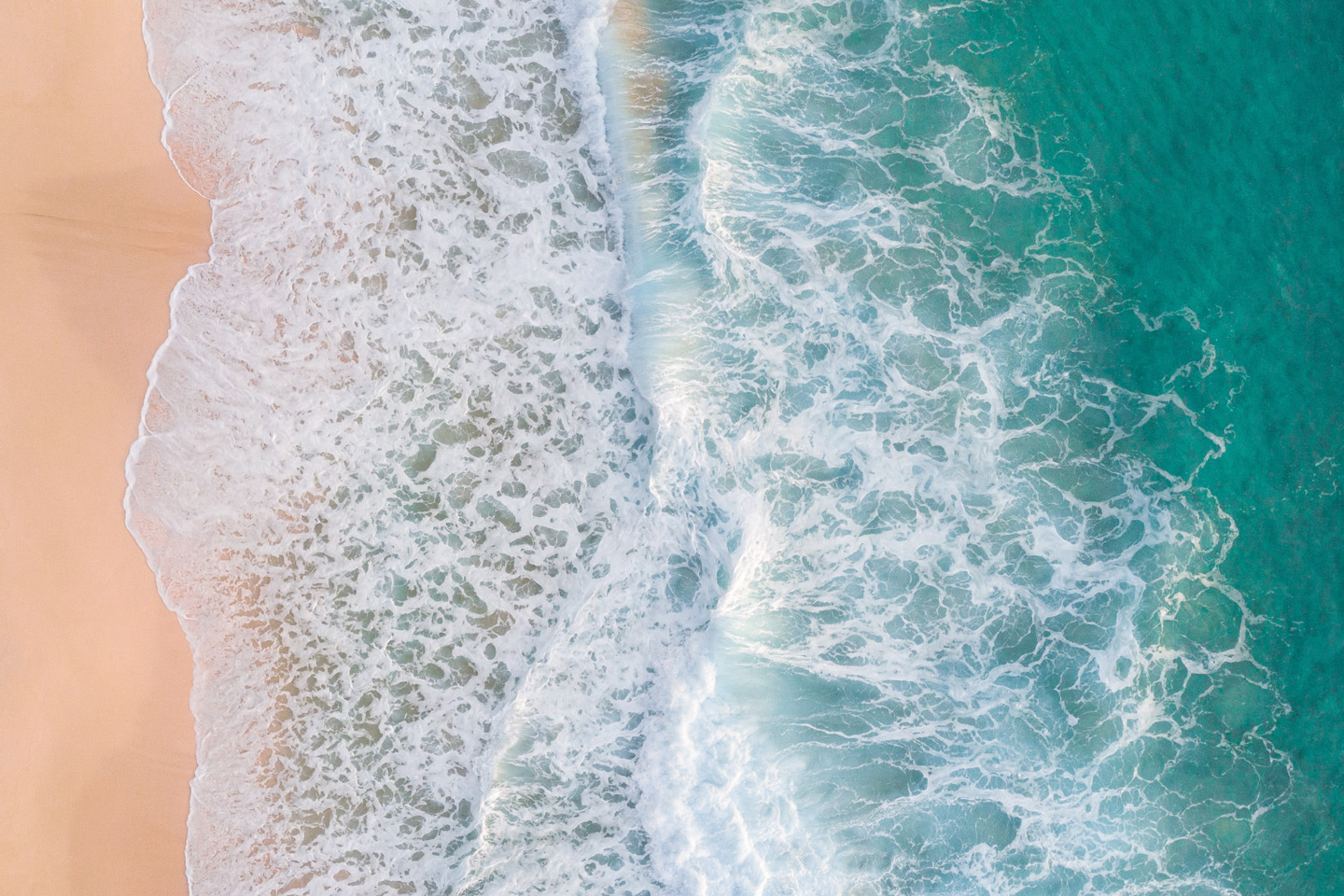Oceans
For founders focused on disrupting the ocean economy with digital technologies and sustainable solutions.

- All Ventures
- CDL-Atlantic
Havguard AS
Havguard AS has developed AI-enabled technologies for real-time multimodal underwater communication and improved submarine detection. Communicating underwater is extremely complex due to physical, chemical, and security constraints. Current technologies are limited by mono-modality, lack of interoperability, and poor quality of service, leaving critical sea infrastructures unsecured and the economy vulnerable (e.g. windmill parks, harbours, pipelines). With its six innovations, Havguard addresses these core challenges, enabling wireless real-time asset monitoring and stealth underwater communication at any site.
“Havguard entered CDL with a strong position bolstered by key partners. But they never let their success shape their work with mentors. They listened, learned, and adapted throughout the cohort. Their attitude and intellect made them a pleasure to mentor. Their market opportunity makes them exciting to watch.” – Justin Manley, Founder and Principal Consultant, Just Innovation
Kidemis AG
Kidemis is developing a high-protein, mycelium-based aquafeed additive derived from fermented agricultural waste streams. As the demand for seafood around the world grows, aquaculture operators are facing increased price pressures and are struggling to find viable feed sources. Kidemis’ novel solid state fermentation process converts a low value agricultural waste stream into a high value fishmeal alternative, providing their customers with a sustainable and scalable source of protein with competitive unit economics.
Marble Aerospace Limited
Marble Aerospace Limited (Marble) is a maritime monitoring service that uses fleets of high-speed drones equipped with computer vision sensors to provide real-time intelligence to government agencies and businesses. Detailed data needed for offshore monitoring (to enforce fisheries policies, provide early warning against piracy, or monitor marine renewable energy infrastructure) is an expensive resource to procure, traditionally only accessible for military applications. Marble designs, manufactures, and operates proprietary hardware and software, with each element optimized to provide additional value, from smaller, faster aircraft designs to real-time AI-assisted vessel detection.
Pascal Technologies AS
Pascal Technologies AS (Pascal) is developing AirHull, an energy efficient technology for maritime vessels using pressurized air in a novel hull design to separate the vessel from the water, thereby reducing resistance by up to 50%. Pascal’s AirHull technology allows vessels to realize greater range and has been proven in multiple sizes of boats from 8 meters to 20 meters. Pascal also delivers software solutions for Air Lubrication Systems (ALS) in ships, ensuring optimal control and performance across various operational conditions.
PierSight Space
PierSight Space is building a constellation of satellites with Synthetic Aperture Radars (SAR) and Automatic Identification System (AIS) sensors to provide real-time, continuous imaging of ships and icebergs. The Ocean covers 70% of the Earth’s surface area, yet there is limited visibility of what happens at sea. The venture’s constellation of SAR and AIS satellites aims to bring complete transparency and visibility into the world’s oceans.
Zero Energy Water
Zero Energy Water (ZEW) has developed a novel membrane for seawater desalination that replaces existing reverse osmosis membrane technology. As access to freshwater becomes increasingly scarce, the market for seawater desalination is increasing dramatically. Unfortunately, the amount of electricity required in the desalination process is so high that even wealthy countries struggle with the cost of producing fresh water for their citizens. This leads to desalination typically only being used for drinking water, with other needs such as agriculture, industry, and sanitation being neglected. Using ZEW’s patented membrane technology, the cost of desalination can be reduced by up to 90%, dramatically expanding the addressable market for desalination by making it economically viable for agricultural and manufacturing purposes.
Subtidal
Subtidal is creating the first accurate and scalable measurement, reporting, and verification (MRV) solution for directly measuring marine carbon dioxide removal (mCDR). To limit global warming to 1.5-2°C, the Intergovernmental Panel on Climate Change has mandated the removal of 10 gigatons of CO2 annually by 2050. Without accurate, scalable, and reliable MRV, achieving this goal will not be possible. Subtidal’s novel Ocean Carbon Flux Grid combines high-frequency sensors, real-time 3D data capture, and advanced analytics to provide CDR developers, researchers, and policymakers the tools they need to measure carbon removals, generate reliable carbon credits, and responsibly scale the industry.
Robobuoy Inc
Robobuoy, Inc. (Robobuoy) is a marine robotics company specializing in autonomous, modular propulsion and control systems for floating aquatic drones. In the sail racing beachhead market, Robobuoy’s MarkSetBot product allows for simpler race operations, reduced environmental impact, and more time spent racing. Its product and platform are highly portable, easy to deploy and operate, capable of place holding, and flexible enough to support a wide variety of equipment and/or sensors, allowing it to be applied to many use cases and verticals.
SEAMORETECH S.A
Seamoretech has developed a brine purification technology that integrates into existing desalination plants to increase water yield and reduce brine discharge. The most harmful byproduct of seawater desalination processes is the concentrated brine stream, which is often discharged directly into the ocean to the detriment of the local ecosystem. Seamoretech's automated brine purification system empowers desalination plants to reduce their environmental impact by helping them improve their water yield and generate new revenue streams by selling recovered minerals.